Green cycle in the fields
The Mekong Delta - the country's largest rice granary - is gradually transforming strongly towards green, ecological, circular and organic agriculture , helping farmers reduce costs, increase profits, and adapt to climate change. This direction is also a fundamental solution to adapt to climate change and successfully implement the Project of 1 million hectares of high-quality rice, reducing greenhouse gas emissions associated with green growth by 2030.
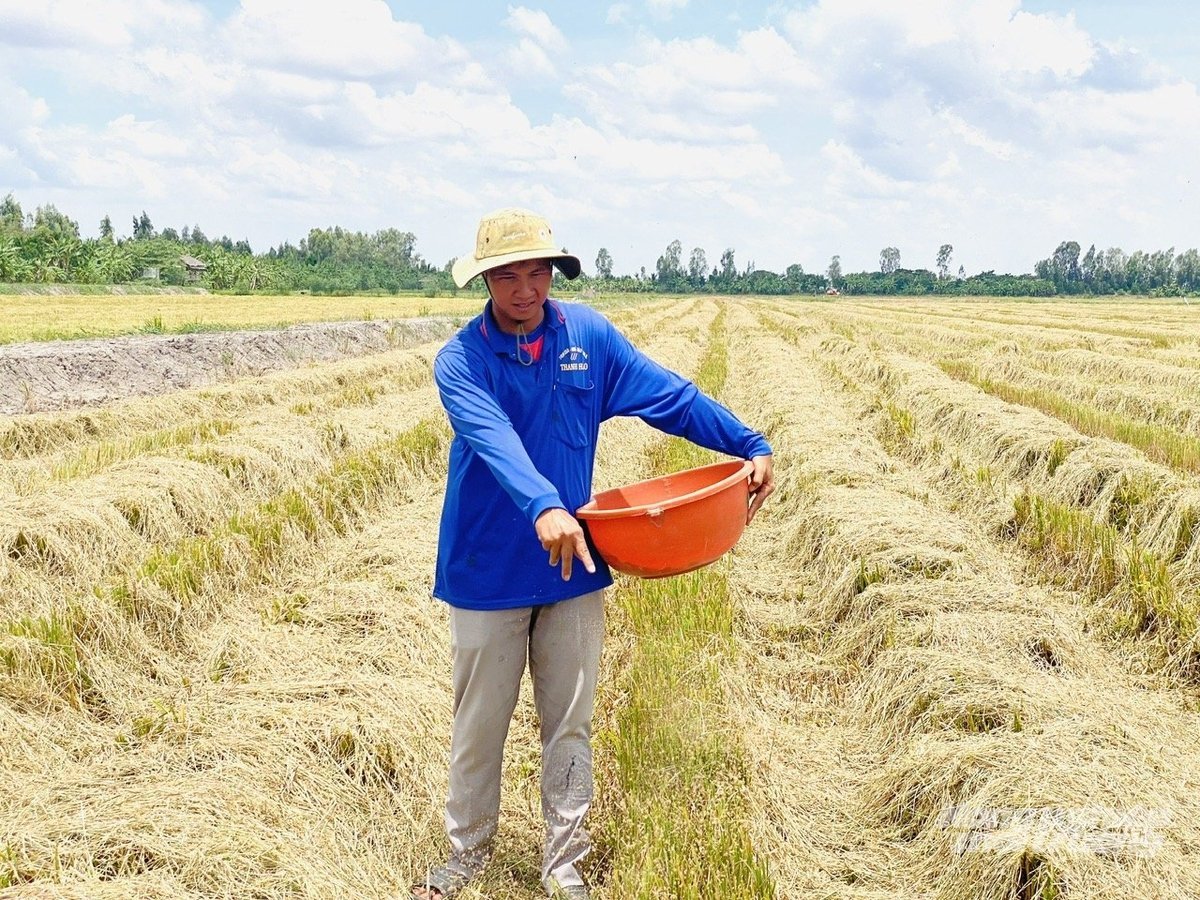
Farmers collect straw after harvesting rice to sell to mushroom growers, contributing to increasing income and limiting straw burning which causes environmental pollution. Photo: Le Hoang Vu.
In the rice field in Truong Thanh commune, Can Tho city, Mr. Tran Van Men has just finished harvesting the autumn-winter rice crop. Previously, after harvesting rice, he often burned straw because he did not know what else to do. But now, straw has become the second source of income, after rice grains.
“Now I don’t burn straw anymore but collect it and sell it to mushroom growers. Each hectare of rice yields an additional 1-1.5 million VND. The rotten straw after growing mushrooms can be used as organic fertilizer for fields or gardens, helping to save a lot of money on chemical fertilizers,” said Mr. Men.
According to calculations by the Department of Crop Production and Plant Protection ( Ministry of Agriculture and Environment ), each year the Mekong Delta produces about 24-25 million tons of rice, which means creating about 24 million tons of straw. However, currently only about 30% of this by-product is utilized, the majority of the rest is burned, causing waste and greenhouse gas emissions. If collected and processed into organic fertilizer, farmers can save the equivalent of 1.4 million tons of NPK fertilizer each year - a very significant number.
Engineer Duong Huynh Hoa, Economic Department of Thoi Lai Commune, Can Tho City said: After 30-45 days of fermentation, straw will decompose completely, becoming organic fertilizer that returns nutrients to the soil. This is a way to save money and also contribute to improving degraded soil due to the long-term use of chemical fertilizers.
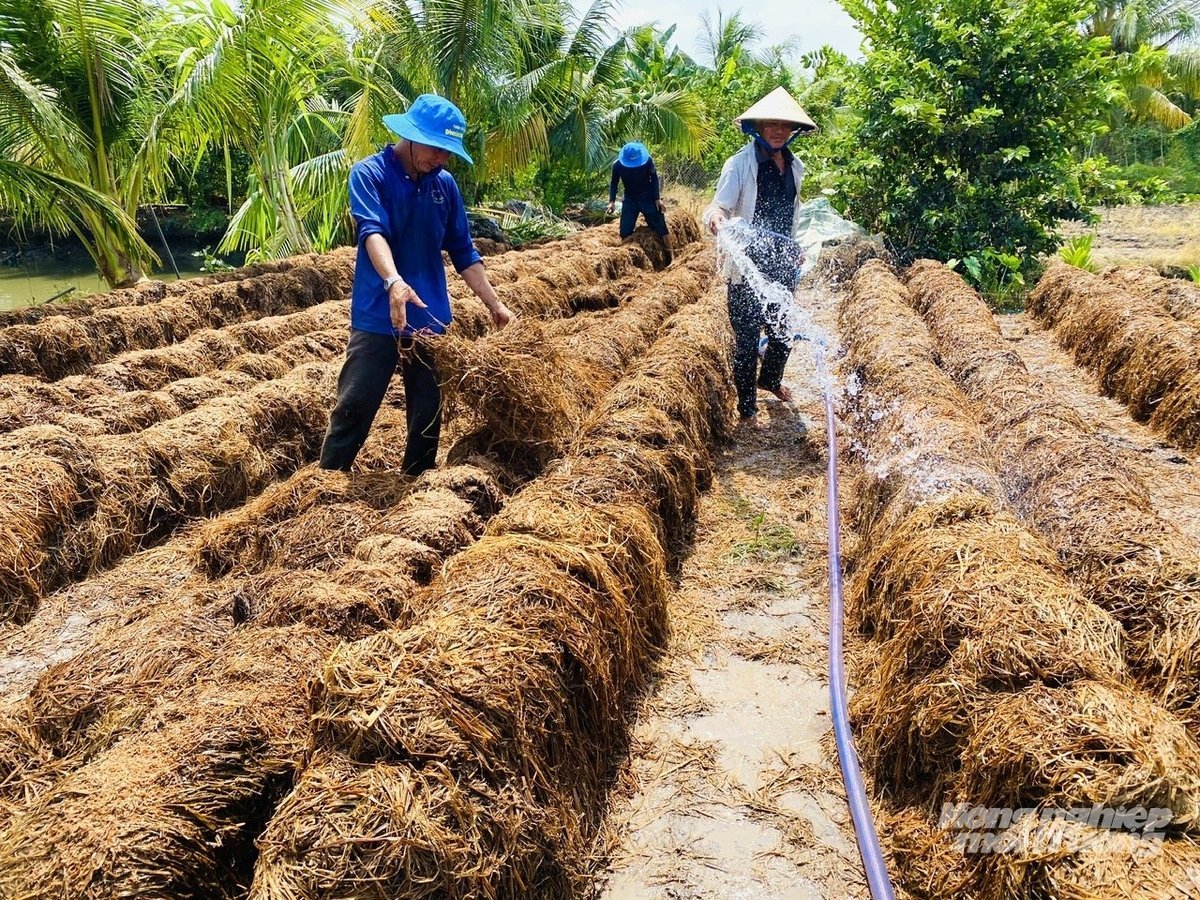
People use straw to grow mushrooms. Photo: Le Hoang Vu.
In Co To commune, An Giang province, Mr. Huynh Van Set's family with a herd of more than 20 cows is also using straw as reserve food instead of cutting grass along the canal banks. "Previously, there was a lack of grass in the dry season, and the cows were very sick. Now, there is straw composted with probiotics, which is both convenient and helps the cows stay healthy and reproduce better. Using agricultural by-products is both cheap and does not pollute the environment," Mr. Set shared.
Enterprises utilize by-products to increase the value of the rice chain
Not only farmers, many businesses in the Mekong Delta are also taking advantage of rice by-products to produce high-value goods.
Mr. Ho Van Tong, Director of Thang Loi Enterprise in Thanh An Commune, Can Tho City, said that in the past, rice husks were a difficult problem for rice mills because they took up space and were flammable. Now, the situation is different: rice husks are compressed into compressed firewood, which is compact, convenient to transport, and burns effectively. This product is being consumed strongly domestically and cannot be exported quickly enough.
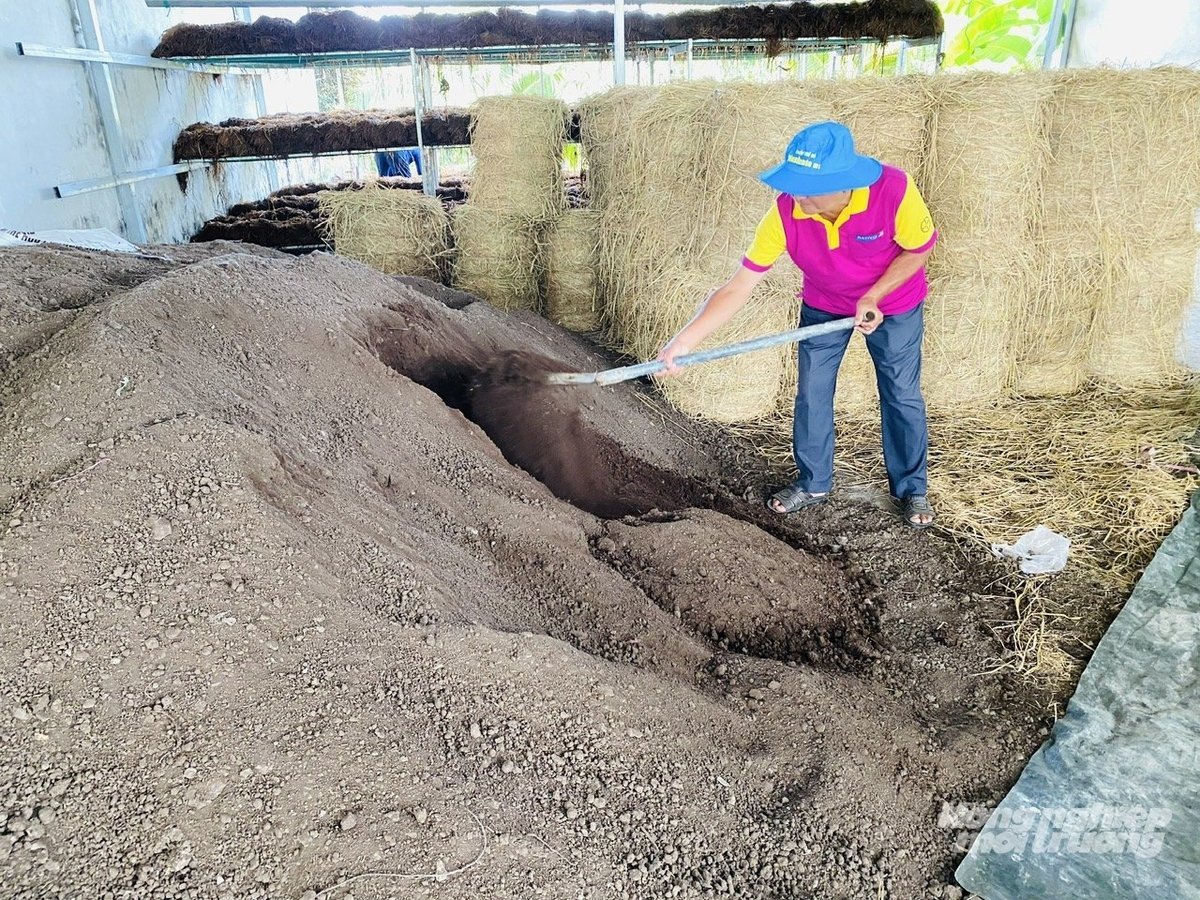
Workers mix organic fertilizer from rotten straw to serve circular agricultural production in the Mekong Delta. Photo: Le Hoang Vu.
In Dong Thap, Mr. Nguyen Van Canh, Production Director of Agri Index Company, said that the company is aiming to export rice husk firewood to Europe, where the demand for biofuel is increasing. Compressed rice husk not only reduces storage costs but is also a clean fuel, replacing coal and diesel, contributing to reducing greenhouse gas emissions. This is a very sustainable direction, suitable for the circular economy.
In addition to utilizing straw, rice husks, etc., livestock waste is also being effectively utilized in a circular production process, without causing environmental pollution. In Can Dang commune, An Giang province, Mr. Van Vu Phat's pig farming household received support from the State to build a 20m3 biogas tank.
Mr. Phat said that before, pig manure caused a foul smell and affected the surrounding area. Since biogas was introduced, his family has fuel for daily cooking and no longer has a foul smell. So it is a win-win situation.
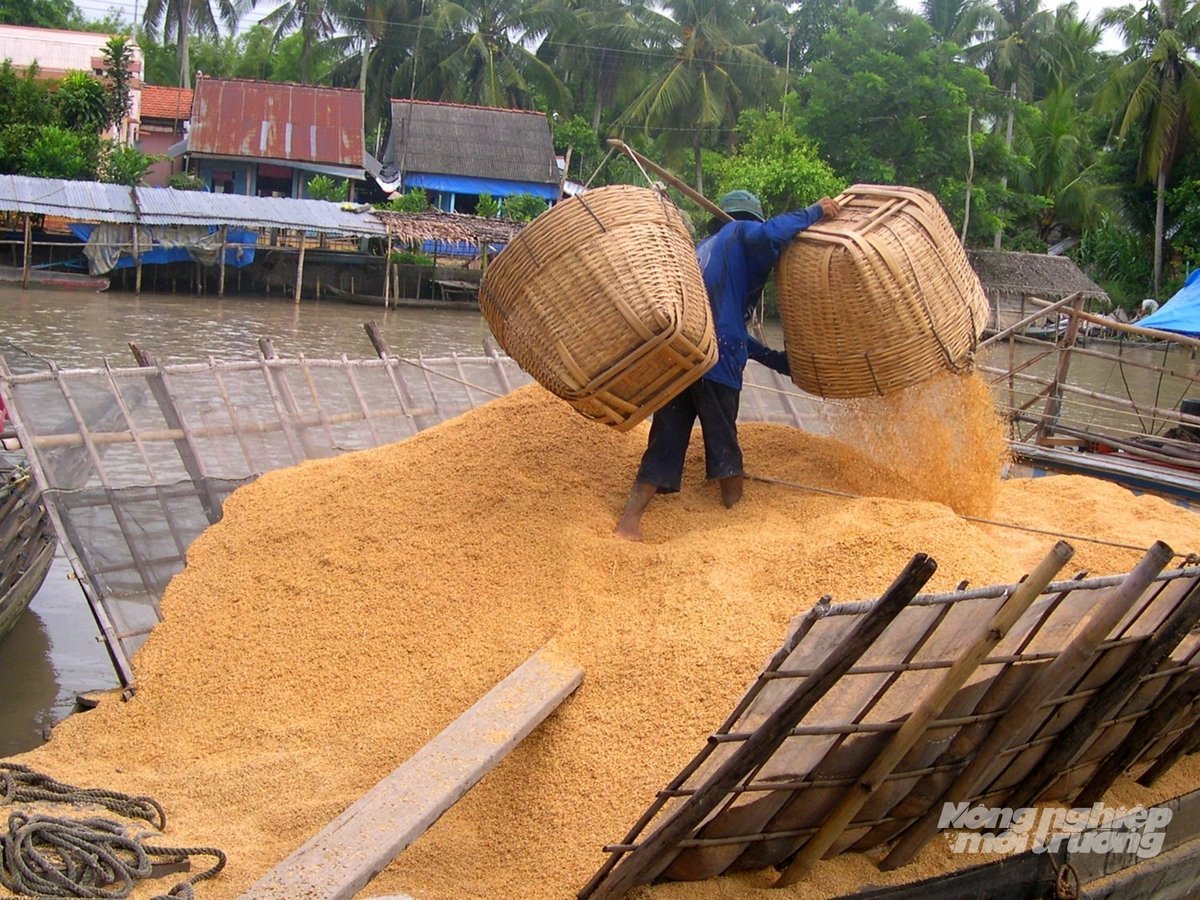
Purchasing rice husks at rice mills. Photo: Le Hoang Vu.
Many large-scale farms have also invested in biogas power generation technology. Mr. Nguyen Van Dung, owner of a farm with more than 450 pigs in Sa Dec ward, Dong Thap province, said: The farm's biogas tank system has a capacity of nearly 1,000m3, enough to run a generator for the entire farm, saving several million VND in electricity bills each month, and also treating waste well, eliminating pollution.
Bio-bedding technology in livestock farming is also being applied by many households. Mr. Le Tan Dong (Tan Thuan Dong commune, Dong Thap province) said that raising pigs on bio-bedding not only reduces odors but also saves water for cleaning the barn. After being used, the bedding becomes a very good organic fertilizer for plants, both reducing pests and providing safe agricultural products.
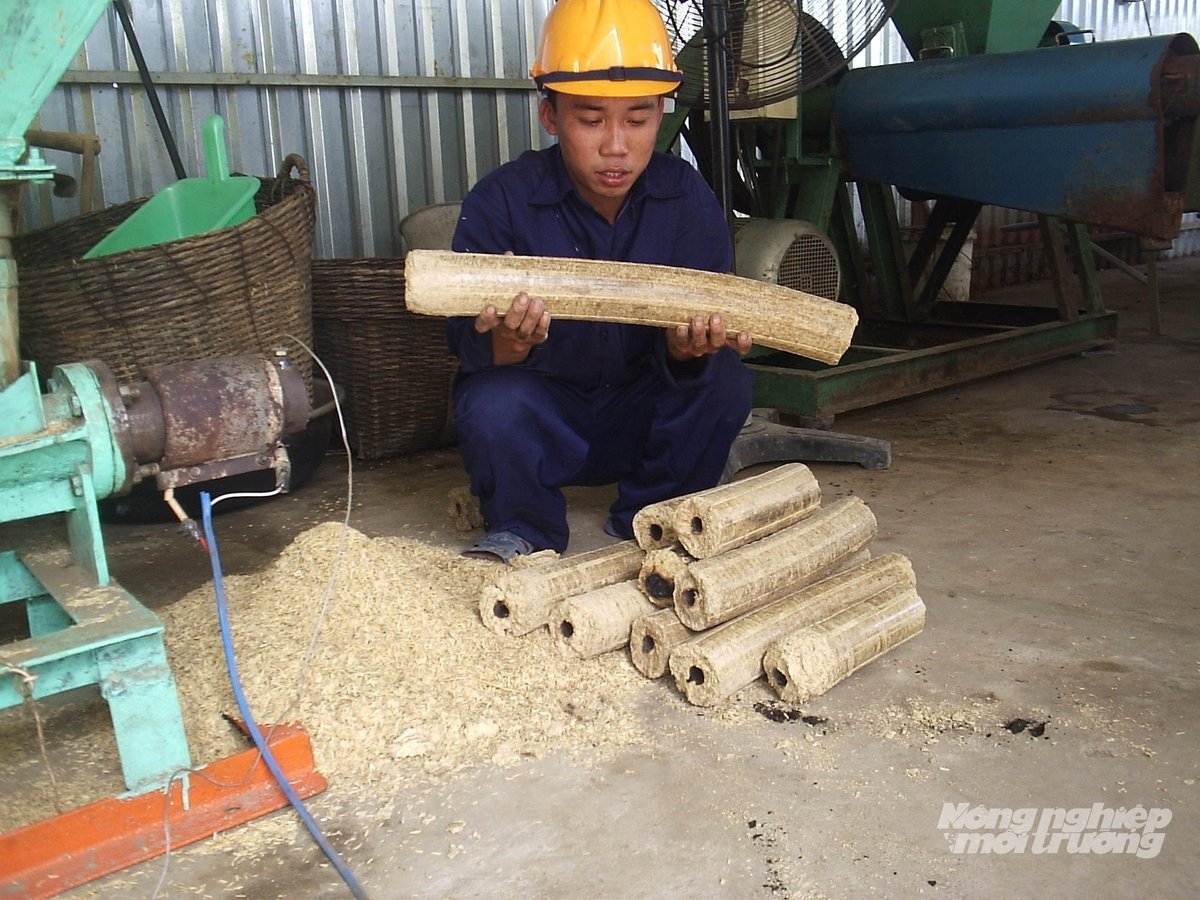
Workers check compressed rice husk firewood products - a solution to utilize rice by-products to create environmentally friendly biofuel. Photo: Le Hoang Vu.
Proactively replicate circular agriculture models
In Can Tho, the circular agriculture model has proven to be remarkably effective. Ms. Pham Thi Minh Hieu, Head of the Department of Crop Production and Plant Protection of Can Tho City, said: If only cultivating traditional rice, farmers earn about 86 million VND/ha/year. But when using straw to grow mushrooms and make organic fertilizer, income increases to 133 million VND/ha/year.
Can Tho is currently planning organic production areas for rice, vegetables, and fruit trees. It is expected that by 2025, 2-2.5% of the city's agricultural area will be certified organic, and by 2030, this number will increase to 4-5%. "We will continue to support farmers in investing in organic production, survey and build production areas that meet standards according to Decree 109, and link organic agriculture with the circular economy," said Ms. Hieu.
According to Associate Professor Dr. Nguyen Van Hung, senior expert of the International Rice Research Institute (IRRI), utilizing straw, rice husks, and livestock waste in agricultural production is the foundation for forming a circular economic chain in the Vietnamese rice industry.
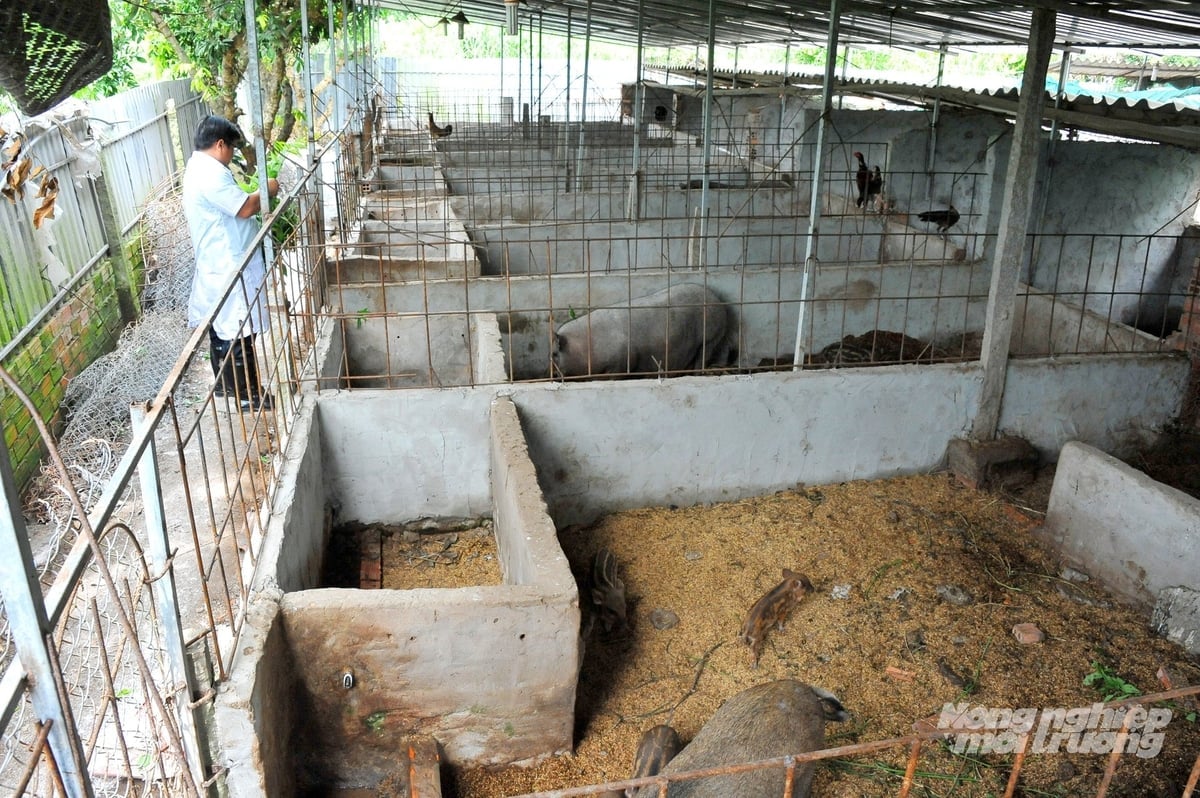
Raising pigs on biological bedding reduces odors and saves water for cleaning the pen. Photo: Le Hoang Vu.
Circular agricultural economy is an important part of the 1 million hectare high-quality rice project to reduce emissions. IRRI is coordinating with the Ministry of Agriculture and Environment and localities to deploy a model of collecting straw using a rolling machine, processing straw into fertilizer, making feed for cows, creating a new value chain for people. This is a model expected to be replicated throughout the Mekong Delta region.
Mr. Le Thanh Tung, former Deputy Director of the Department of Crop Production, affirmed: The project of 1 million hectares of high-quality rice and emission reduction is a golden opportunity to promote the development of a circular economy throughout the rice value chain. When farmers know how to utilize by-products as organic fertilizer, food, and fuel, it will reduce production costs, create additional income, and contribute to environmental protection.
According to Mr. Tung, for the green, organic, circular agricultural model to truly spread, technical and financial support and market policies need to go hand in hand. Cooperatives and businesses need to be encouraged to invest in by-product processing technology, build linkage chains, and create stable output for organic products.
Associate Professor Dr. Nguyen Van Hung (IRRI) emphasized: If each hectare of rice in the Mekong Delta is managed according to a circular model, greenhouse gas emissions will be reduced by at least 20-30%, while farmers' profits will increase from 2.2 to 7.5 million VND/ha. That is the clearest evidence of economic and environmental efficiency.
With the right direction, Mekong Delta agriculture will not only produce clean, safe rice grains to meet the export market but also form a green production base, where all by-products become renewable resources, helping farmers live well on the fields they are cultivating. This will contribute to building a low-emission, sustainable agriculture for the green future of Vietnam.
On the occasion of the 80th anniversary of Agriculture and Environment Day and the 1st Patriotic Emulation Congress, the Ministry of Agriculture and Environment will organize a series of events from July to December 2025. The focus will be on the 80th anniversary of the Agriculture and Environment sector and the 1st Patriotic Emulation Congress, scheduled to be held on the morning of November 12, 2025 at the National Convention Center (Hanoi) with more than 1,200 delegates attending, including leaders of the Party, State, National Assembly, Government; former leaders of the Ministry, representatives of international organizations and advanced models in the whole industry.
Source: https://nongnghiepmoitruong.vn/dbscl-tren-hanh-trinh-xay-dung-nen-nong-nghiep-huu-co-tuan-hoan-d782280.html







![[Photo] Da Nang: Hundreds of people join hands to clean up a vital tourist route after storm No. 13](https://vphoto.vietnam.vn/thumb/1200x675/vietnam/resource/IMAGE/2025/11/07/1762491638903_image-3-1353-jpg.webp)


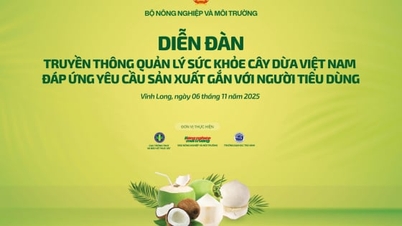

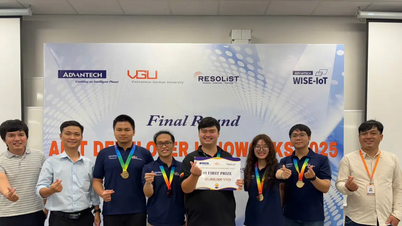
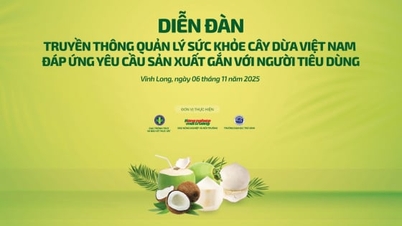
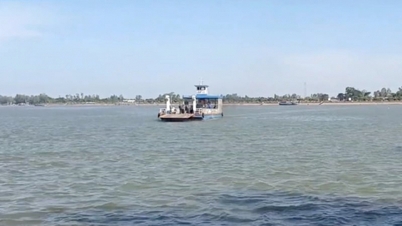
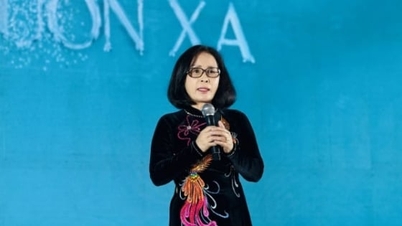


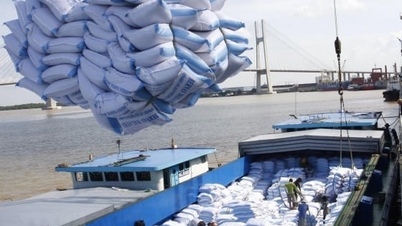

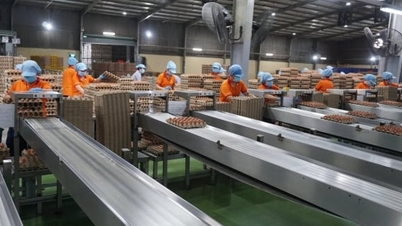





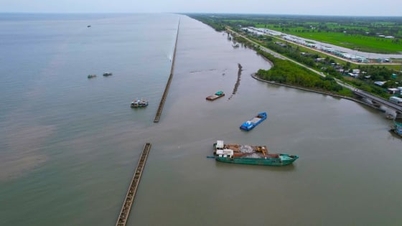
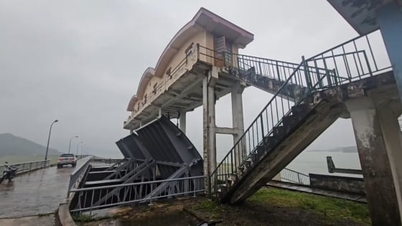
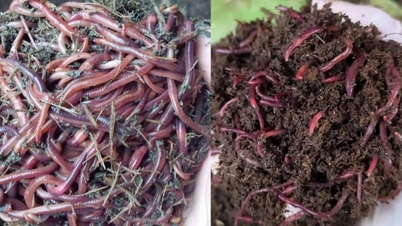
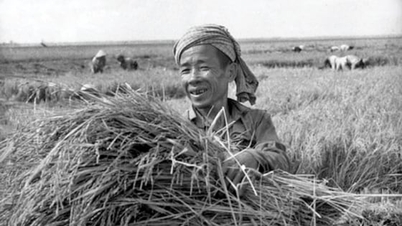
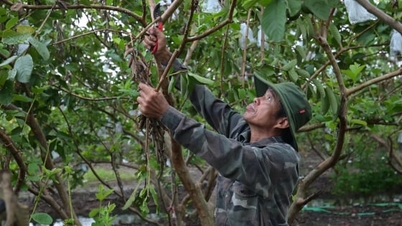
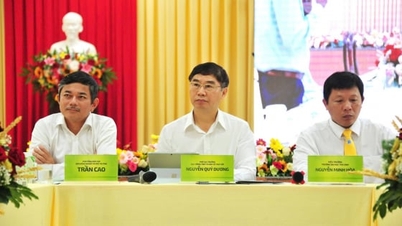





































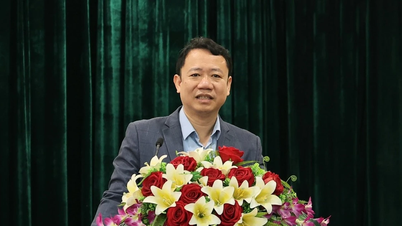
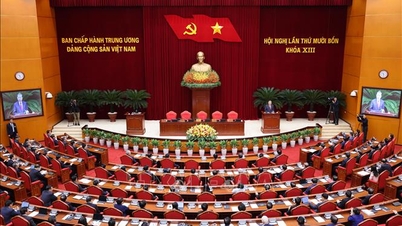

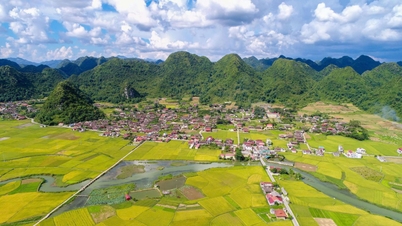
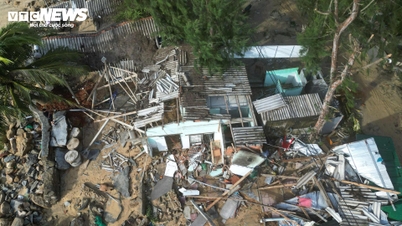


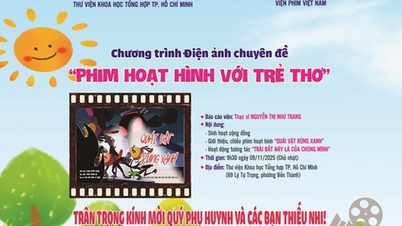

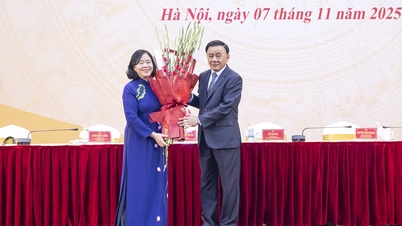


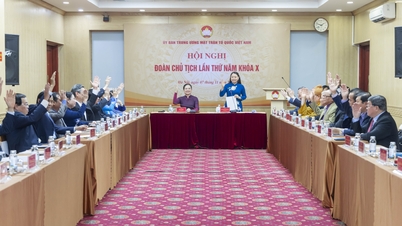




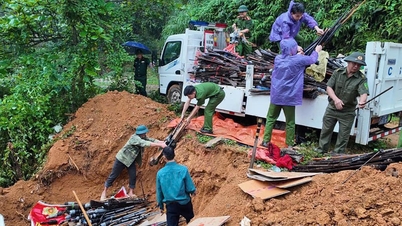

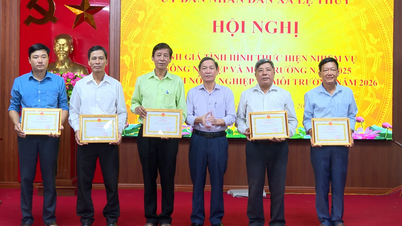

















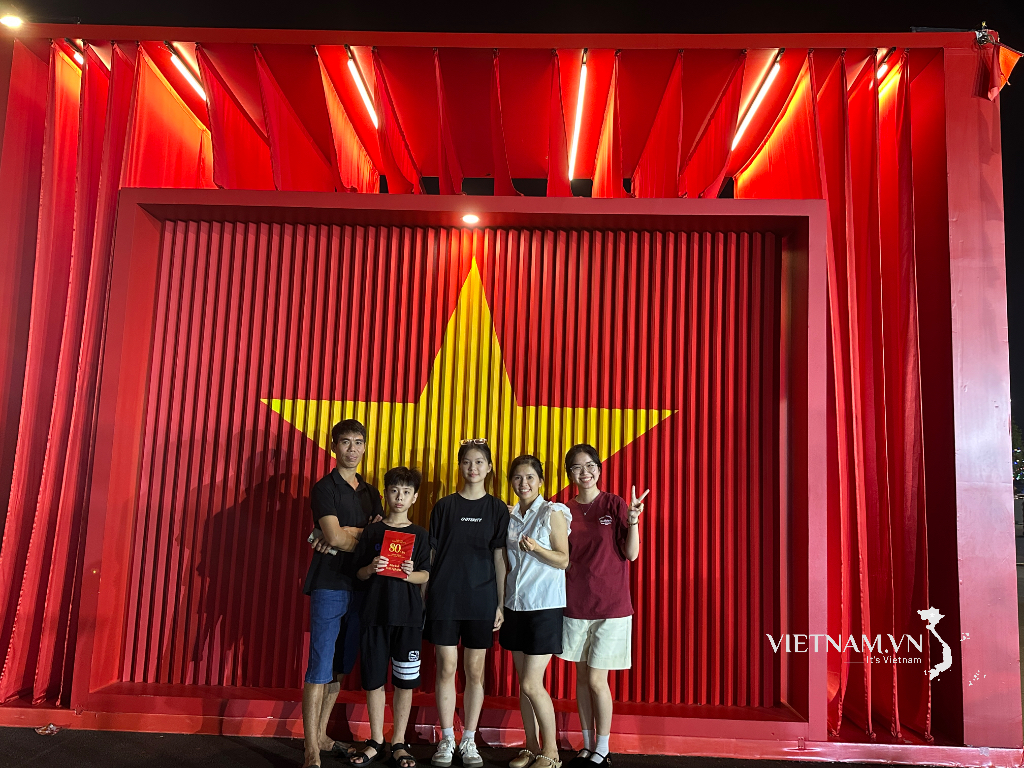
Comment (0)